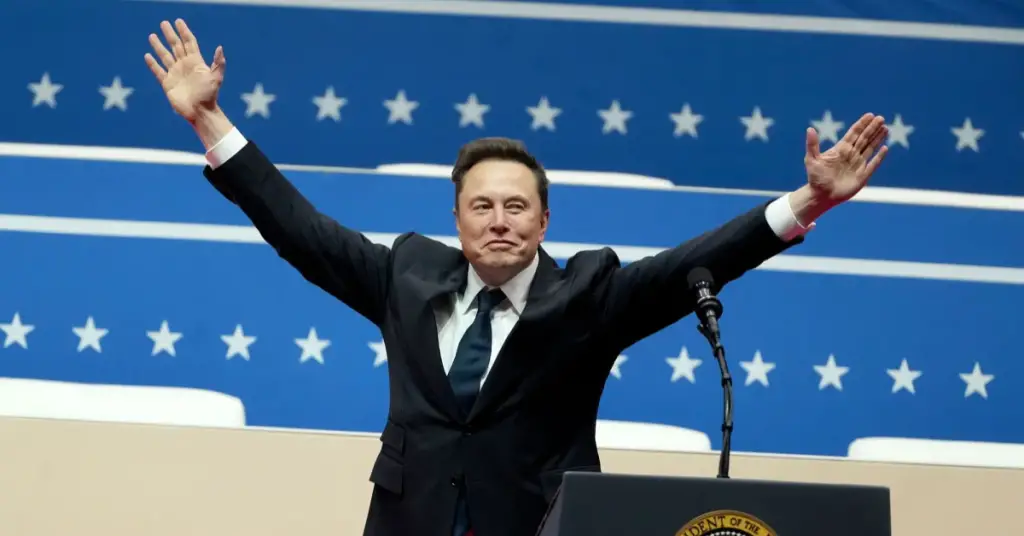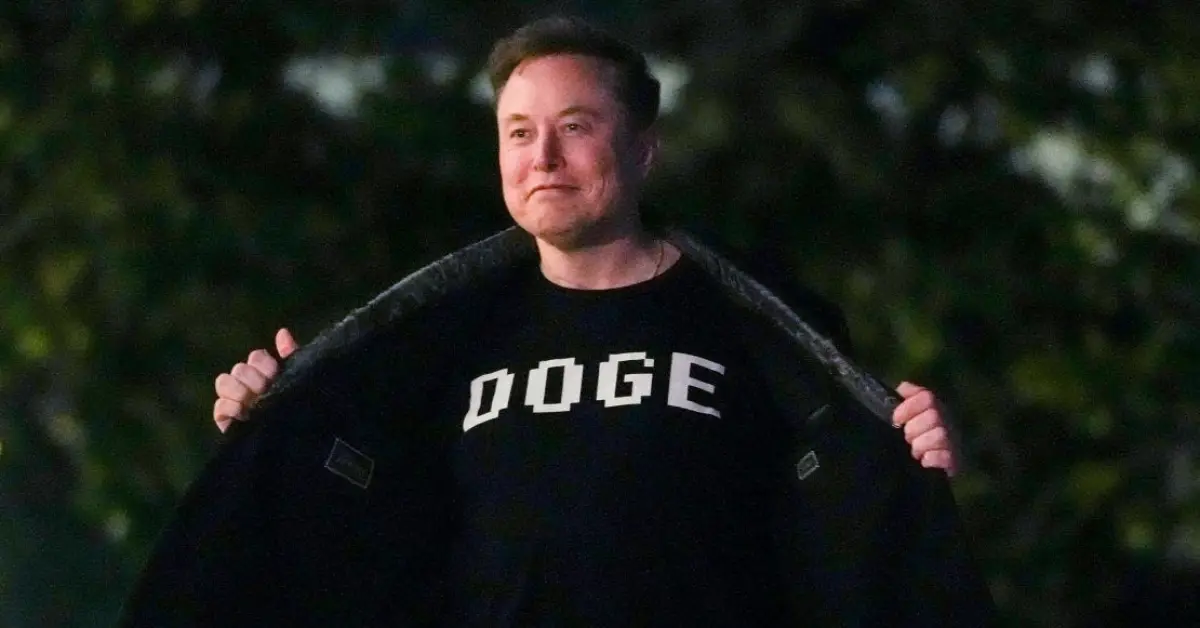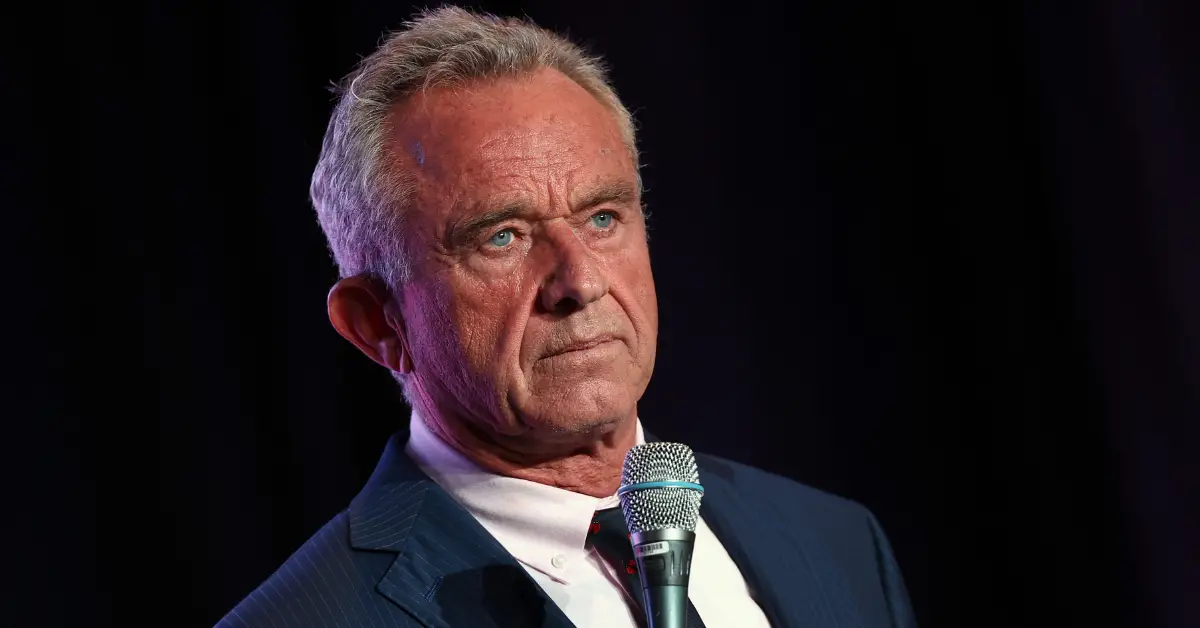The Department of Government Efficiency (DOGE) has faced serious questions about its practices after nearly $1 billion in claimed savings disappeared overnight. These so-called savings were supposedly achieved through the cancellation of contracts, grants, and leases. However, the removal of such large sums from the agency’s website without explanation has raised concerns about the department’s transparency and the credibility of its reported savings.
The disappearance was first reported by NOTUS, which found that staff at DOGE quietly updated its website on Tuesday, erasing a total of approximately $962 million in savings. This sudden change follows a disturbing pattern, where previous figures of savings have been found to be inaccurate or misleading. In fact, this is not the first time that DOGE has quietly altered its claimed savings without any public notice.
Among the largest deletions identified this week was a $1.1 billion contract with the Acacia Center for Justice. This group provides legal services for unaccompanied immigrant children entering the U.S. According to DOGE’s website, the termination of this contract was supposed to save $367 million.
However, the contract has now been removed entirely from the website, with no explanation given for the change. This is particularly troubling as a federal judge had recently ordered the Trump administration to restore these services. Despite this, Acacia Centre for Justice told NOTUS that its services had not been resumed, further complicating the situation.
The removal of savings from the DOGE website has not been limited to the Acacia contract. Reports indicate that more than 600 grants have been removed from the site over the past few weeks, along with dozens of contracts and leases.
According to NOTUS, the vast majority of these deletions occurred during a two-hour window between midnight and 2 a.m. on Tuesday. This unusual timing has raised suspicions about the department’s lack of accountability and transparency in its operations.
This update comes after Elon Musk, the de facto head of DOGE, adjusted the agency’s savings expectations for the fiscal year. Originally, DOGE had set a goal to save $1 trillion, but Musk lowered this target to $150 billion.
Musk’s role at DOGE is to help identify “waste, fraud, and abuse” within government departments and agencies, recommending cuts to President Donald Trump in an effort to reduce federal spending. However, Musk’s work has been controversial due to the lack of explanation behind the cuts and the absence of detailed, itemised information on the claimed savings. The lack of transparency makes it nearly impossible for the public to assess the validity of the savings and whether they are, in fact, real or just inflated numbers.
Musk’s efforts to reduce federal spending have been widely criticised. His sweeping cuts have been made with little to no public explanation, and the savings claims often lack proper documentation. Many of the “savings” listed on the DOGE website lack the necessary details, making it difficult for experts and the public to verify whether these savings are legitimate. Some of the cuts listed even predate the current administration, which only adds to the confusion about whether these figures truly reflect the present budget-saving efforts.
The controversy surrounding the DOGE agency is further complicated by Elon Musk’s involvement. Known for his leadership of Tesla and Spacex, Musk has become a prominent figure in the Trump administration. He has taken on the task of identifying areas within government departments where spending can be reduced. His role was initially seen as a positive step toward reducing government waste, but the lack of transparency and accountability in the way these cuts are being made has raised serious concerns.
The practice of removing claimed savings from the DOGE website has drawn widespread scrutiny. In particular, critics point out that many of the savings claims made by DOGE are not supported by clear evidence.
For example, when a contract or grant is removed from the website, there is no clear explanation as to why it was initially considered a savings. Without transparency and proper documentation, it becomes difficult to assess whether these claimed savings were ever real to begin with.

Moreover, the timing of the updates—especially the overnight deletions—has led many to question the integrity of DOGE’s operations. If the department is truly committed to saving taxpayer dollars, why is it making these changes in secrecy? The lack of public oversight only deepens the concerns about the validity of the agency’s claimed savings and whether these figures have been exaggerated or fabricated.
In the case of the Acacia Centre for Justice, the removal of the contract and the lack of explanation have created a sense of distrust. The termination of the contract was initially claimed to save millions, but now the absence of the agreement on the DOGE website has left many wondering if the savings were ever real.
Furthermore, the legal services provided by the Acacia Centre have not been reinstated, despite a federal judge’s ruling that they should be. This creates a troubling situation where savings claims are being made without any clear understanding of the impact they may have on vulnerable groups, such as immigrant children.
Despite the growing concerns over DOGE’s practices, the department’s response to these allegations has been minimal. There has been no official statement or clarification regarding the missing savings or the lack of transparency in the agency’s operations.
This silence only fuels the growing distrust among the public and experts alike. If the department is truly committed to cutting waste and fraud in government spending, it will need to provide a clearer, more transparent explanation of how savings are being achieved and why these figures are disappearing without explanation.
The controversy surrounding DOGE’s practices serves as a reminder of the need for greater oversight and accountability in government operations. While it is essential to reduce government waste, it is equally crucial to ensure that the cuts being made are legitimate and that taxpayer money is being used efficiently.
Without proper transparency and oversight, it becomes difficult to determine whether these claimed savings are truly benefiting the public or merely serving as a political tool to create the appearance of progress.
Disclaimer: This article has been meticulously fact-checked by our team to ensure accuracy and uphold transparency. We strive to deliver trustworthy and dependable content to our readers.




